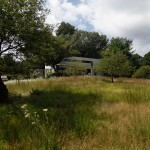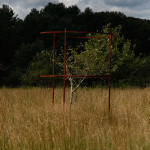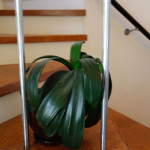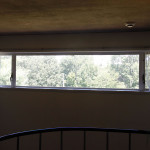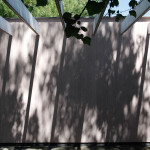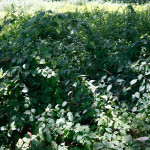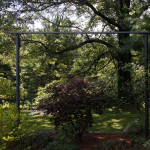Gropius
Field Talk this past week: Erin Poor, Curatorial Associate at the deCordova and docent at the Gropius House took me on a tour of the house and grounds. Puzzling to think about how the Bauhaus considered nature. Some interesting thoughts here:
Through Gropius’s lectures and publications on the education of architects from this period, Anker brings to light his latent interest in the knowledge of biology, as a way for architects to resolve social, urban, and ecological issues that have emerged from the “miraculous potentialities of the machine” (p. 38). It was Gropius’s belief that because of capitalism, “our human greed has interfered with the biological cycle of human companionship which keeps the life of a community healthy” (p. 38). Paraphrasing Gropius, Anker explains his belief that an architect armed with the knowledge of biology should be capable of “evolving the ‘complete being’ … from his biological centre” so that one could understand how to build in nature in the most responsible way (p. 38). Moholy-Nagy praised Gropius’s ethical thesis of organic architectural design, and while in Chicago, promoted bio-technique or the “transportation of natural forms and design into the media of human production” as an approach to generating built form, since “nature evolves ingenious forms … every bush, every tree, can instruct us in and reveal new uses, potential apparatus, and technological inventions without number” (p. 42). Bayer, the former director of printing and advertising at the Dessau Bauhaus, also contributed significantly to the task of mobilizing designers to the call of ecology. In his design for the Museum of Modern Art’s 1938 Bauhaus and 1943 The Airways to Peace exhibitions in New York City, Bayer, Anker illustrates, sought to use visual communication to change people’s way of thinking about nature.
Matthew Mindrup. Review of Anker, Peder, From Bauhaus to Ecohouse: A History of Ecological Design. H-Urban, H-Net Reviews. June, 2011.
- House on a hill
- apple orchard
- fake plants stand in
- bird books
- framed upstairs view
- white wall
- greenfield
- frame?
